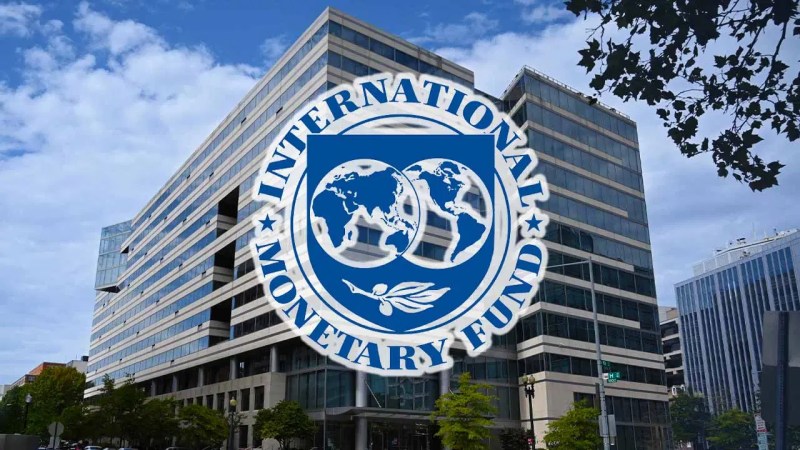World Bank Predicts Nigeria’s Revenue-to-GDP Ratio to Reach 10.5% by Year-End

By Okafor Joseph Afam
October 16, 2024
The World Bank has projected that Nigeria’s revenue-to-GDP ratio could rise to 10.5 percent by the close of 2024, driven by a significant increase in government revenue. This forecast comes on the heels of the Nigerian government’s report of a 100 percent rise in revenue, amounting to N9.1 trillion in the first half of 2024, compared to the same period in 2023.
Speaking during the 30th Nigerian Economic Summit on ‘Fiscal Reforms for a More Secure Future,’ Ndiamé Diop, the World Bank’s country director for Nigeria, emphasized the importance of sustaining key fiscal reforms. Diop pointed to the unification of foreign exchange rates and the removal of fuel subsidies as critical steps toward improving the country’s fiscal health.
“Revenue has been increasing quite significantly, and we are seeing a surge in collection, much larger than the cost of the former fuel subsidy. The digital reforms to improve tax compliance are starting to pay off,” Diop noted.
Diop highlighted that Nigeria had historically ranked among the lowest countries in the world in terms of revenue-to-GDP ratio. He recalled that in 2022, under President Bola Tinubu’s predecessor, debt servicing consumed 100 percent of the country’s revenue, while public expenditure accounted for 12.9 percent of GDP. However, only 7.6 percent of that expenditure was covered by revenue, showcasing Nigeria’s weak fiscal foundation.
“There was a persistent fiscal deficit, essentially meaning more debt. This situation cannot continue indefinitely without inviting a fiscal crisis,” Diop warned. He stressed the urgency of continuing reforms, especially given the risks of relying on expensive commercial loans to fund public spending.
Minister of Finance, Wale Edun, reiterated the government’s commitment to addressing inflation through increased food production. “We are concentrating on enhancing food production to lower inflation. The goal is to make food more affordable and improve the standard of living for Nigerians,” Edun said.
Edun detailed plans to engage one million smallholder farmers during the current dry season, providing them with necessary inputs such as seeds, fertilizers, and herbicides. The government anticipates that this initiative will yield approximately five million tonnes of grains, helping to curb inflation in the short term.
Additionally, Edun announced a partnership with the African Development Bank (AfDB) to develop agricultural processing zones. These zones are expected to bolster domestic industries by ensuring a stable supply of raw materials, a move that could further stimulate economic growth.
This combination of fiscal reforms, increased revenue collection, and strategic investments in agriculture aims to solidify Nigeria’s fiscal standing, reducing the country’s dependency on borrowing while fostering a more sustainable economic future.







